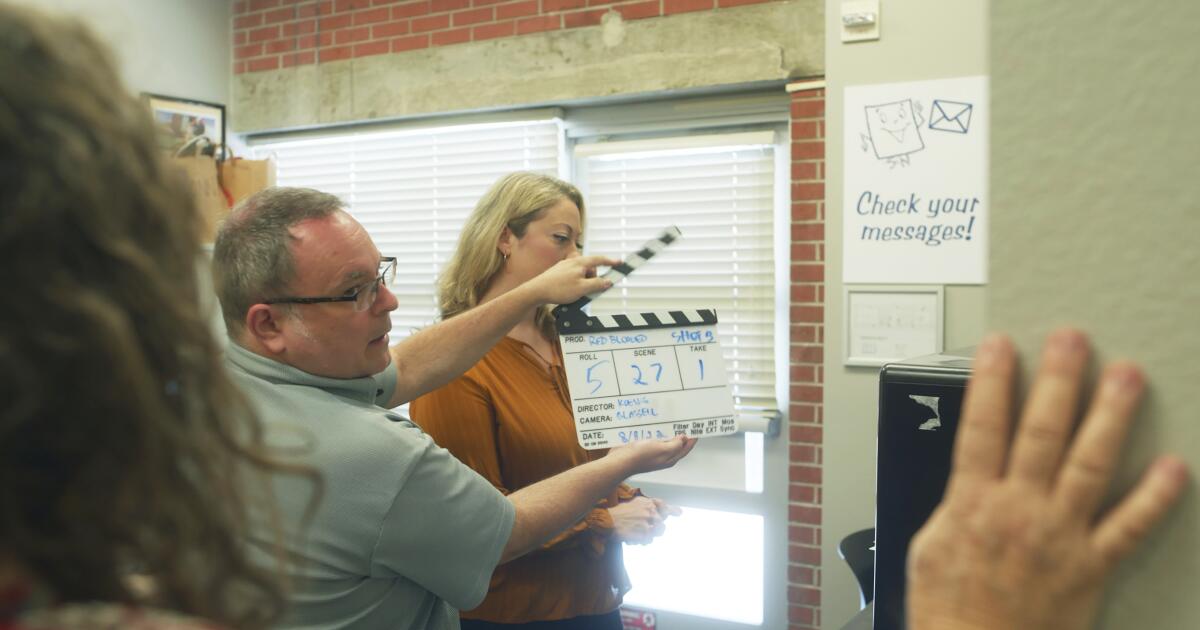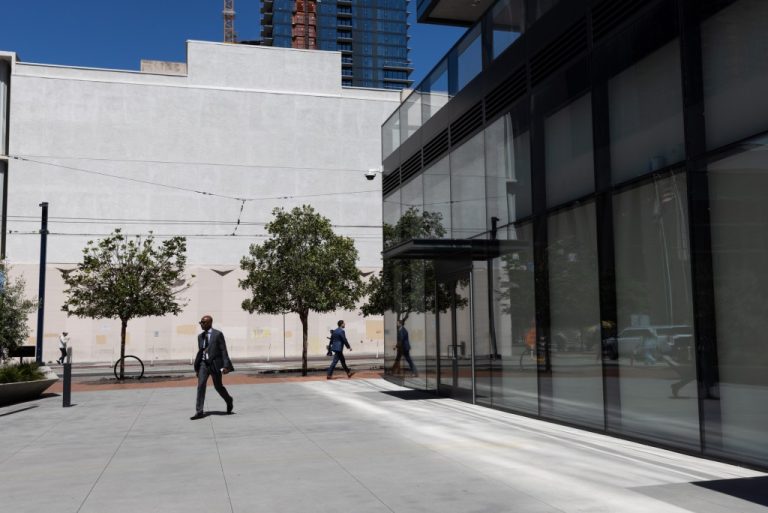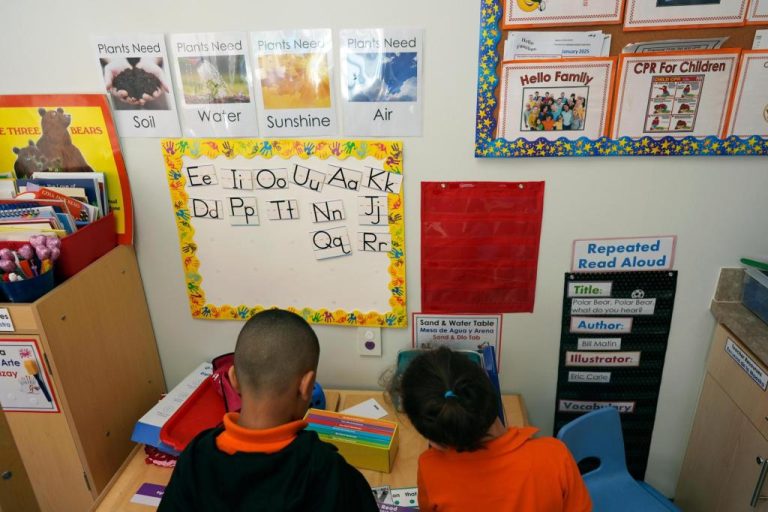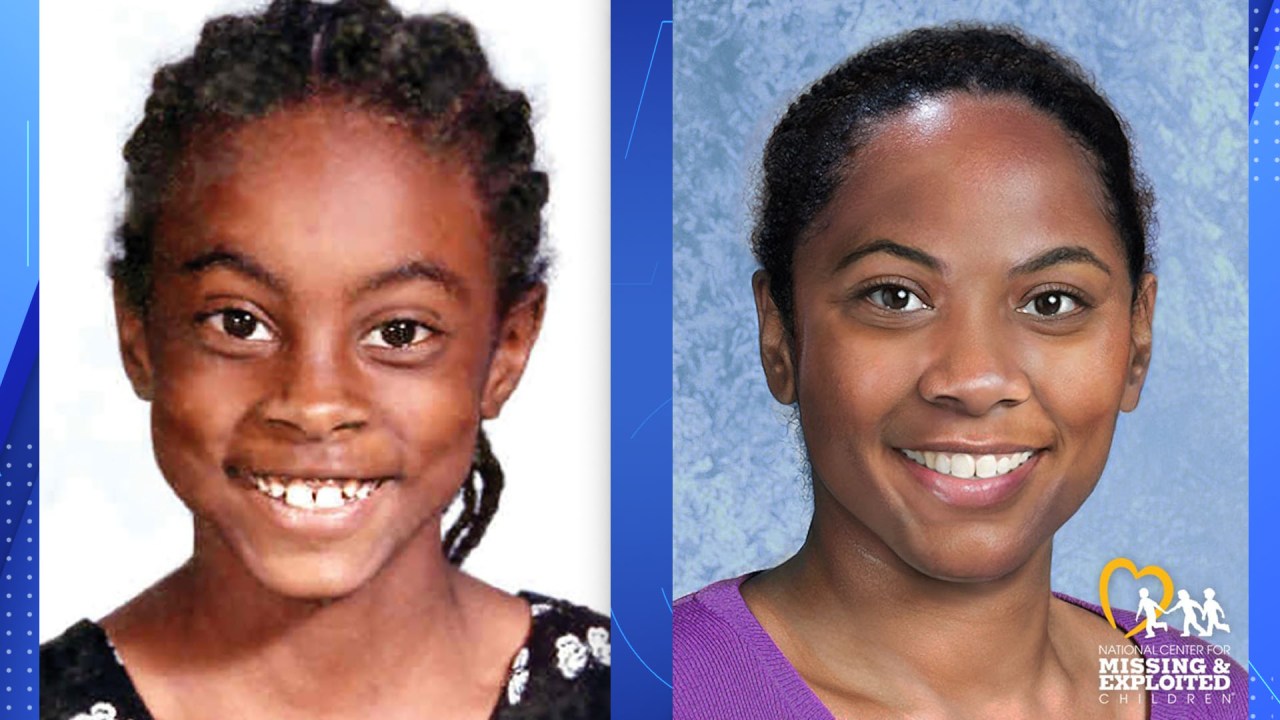
Koenig is a local filmmaker, journalist and college educator and he lives in San Diego County. More information about his short film “Red Blooded” is available at mercurycinema.com/red-blooded.
As a filmmaker, journalist and educator, I stand at the corner of a dangerous intersection where I watch fact and fiction collide with increasing velocity. What I thought was implausible even by 2016 standards of political vitriol has only appeared more possible as the years have progressed.
When I wrote a screenplay titled “Red Blooded” back in late 2015 — which I made into a film in 2022 — I wondered whether its concept strained credibility at the time.
In the story, a school district board president is on a warpath in a California town. Any book, any curriculum, any program that doesn’t fit her worldview is a target, and she has a cabal in the form of a board majority to make sure those items are purged.
This trustee goes even further, however. She is on a march against the students and teachers themselves. If the student’s parents are in the United States without documentation, the teenager must be thrown out of school. If the teacher is advising a campus newspaper where the students express their points of view contrary to board doctrine, the program’s funding must be eliminated.
It made for good political drama, and it was a timely warning. But a real possibility? Not so much.
As time progressed, a short film seemed an ideal platform to express my worries about where our behavior as a society could take us post-2016. Now, as “Red Blooded” makes the festival rounds, I watch it with growing concern that the fiction I based the story on is truly real.
Acrimony appeared to be catchy in our educational and political discourse when it came to COVID-19 pandemic policies — from community members threatening the safety of elected school board members and a student representative in Poway in 2021 to a caustic back-and-forth between a board member and superintendent in the San Dieguito Union High School District in 2022, just as my film was about to enter production.
But what about issues beyond the pandemic? What if acrimony became policy?
In “Red Blooded,” lead character Lois Green, a high school board president, uses her influence and force of personality to target a student who falls under the Deferred Action for Childhood Arrivals program, which allows children of undocumented parents to continue their education and work in the United States.
The teenager catches Lois’ interest because of his role on the campus newspaper, where he works to expose her bullying tactics — and those of her husband and son as part of a dubious “community watch” program.
I didn’t base the story on any particular school board or group. Lois is a repository for behaviors that could leave members of communities feeling uncertain about their well-being.
The film was still being edited late this spring when the Temecula Valley Unified School District board voted 3-2 to ban mention of gay-rights pioneer Harvey Milk in social studies material.
“My question is, why even mention a pedophile?” the district’s school board president said during a public meeting at the time.
Such words, and those not even close to the gravity of the above example, are used loosely as a way of branding “the other.” When such a word is used often enough and sticks, it gives license to efforts that can marginalize an entire population.
In Carlsbad around the same time, a high school vice principal was criticized for calling on a congregation to protest the Carlsbad Unified School District’s diversity, equity and inclusion efforts involving gender identity.
“It’s not because we’re bigoted. It’s not because we’re afraid of trans people,” the vice principal can be heard saying on the recording, which The San Diego Union-Tribune and other media outlets reported. “We love them and we see the harmful impacts that this is having on our kids.”
As students said in interviews at the time, the “love the sinner, hate the sin” rhetoric can exacerbate the harmful targeting they already face.
The above examples occurred after the script and production process were completed for “Red Blooded.” Now, they serve to underscore my concerns.
Lois Green’s fictional example is extreme. She pushes the boundaries of her behavior so much that it backfires. When she is confronted with the reality that her son is a member of a group that she and her husband target, she has to make a choice — put her own son’s life at risk or embrace him for the individual he is.
School districts do not exist to function solely at the whims of their officials’ personal and political agendas or those of factions they represent. When those officials use derogatory and defamatory words and take belligerent actions, they risk making targets of the children and families they are obligated to serve.





